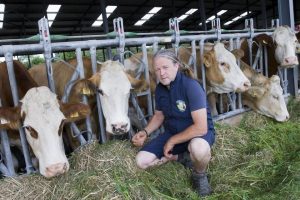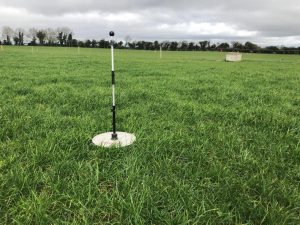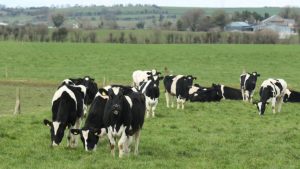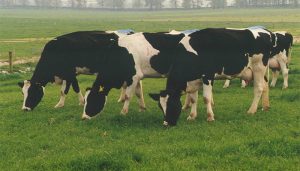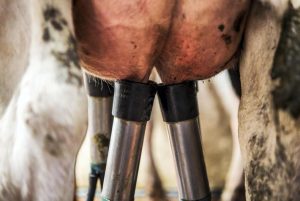
With the future of the sheep and broader farming sector in the balance, Selena said that something must be done to address the economic viability of sheep farming, before it’s too late.
“The sheep sector offers such a small return, that’s the core issue,” Selena said. “It’s very hard to generate money over the cost of production. Your best sheep farmers manage to make a small profit, but the majority don’t, that’s the reality.
“The average size of a small family farm in Ireland is around 75 acres. Now, according to the latest research you need about 200 acres to get the industrial wage. So, you’re either renting at a high cost or you have a day job.
The rising cost of inputs are one of the key factors affecting the profitability and attractiveness of the entire farming sector. Selena said she expects the cost of inputs to “ramp up” in the foreseeable future, with skyrocketing fuel and fertilizer prices, driven by the war in Ukraine, proving to be both financially crippling and morale sapping.
“There has been such massive inflation in a very short space of time, and it caught all Irish farmers off guard,” Selena said. “Then there is the pressure to shift towards greener alternatives, which is welcomed, but is proving to be a slow process.
“To be fair to the sheep sector, it does graze pretty marginal land, to produce a valuable protein crop. A sheep’s conversion efficiency is pretty good, compared to a dairy farm that uses a lot of fertilizer to drive much bigger cows to produce. The sheep industry produces less of a carbon footprint – which may certainly be appealing to some people.
“At the end of the day, we all want to be able to afford to go on holidays and have a nice Christmas. So why should young farmers be any different?
“Unfortunately, the bottom line remains that the new generation can make more money working in any number of industries
Selena explained that one of the main contributors to the shortage of young people taking up sheep farming is the agricultural community’s traditional and unwavering commitment to third level education.
Indeed, in a 2014 report by the Higher Education Authority (HEA) it was found that farmers children are three times more likely to go to college than others. They were also more likely to attend a third-level institution than the children of lawyers.
“Education is a real pusher,” Selena said. “Farmer’s children have that option more often than not and it seems they are finding it very hard not to be swayed by other professions.
“I mean, why wouldn’t they be?
“Why would they ever think: ‘God, I can’t wait to come home and spend my nights breaking my back milking the cows and lambing the sheep’, for so little money, when they could be doing anything and everything else.”
To make sheep farming more appealing Selena believes that a ground floor rework of the Common Agricultural Policy (CAP), which was launched in 1962, will go a long way. She claimed that the single farmer payment, or basic payment scheme (BPS), in particular has led to distorted market prices.
“The CAP is no longer fit for purpose,” Selena said. “It was designed to create cheap food for everybody, but what it has done is made slaves out of the industry. The model doesn’t work any more. The people that are on the ground doing the work aren’t getting a correct price for the market place.”
“There has to be a return from the market, or the sheep farming community will slowly ebb away.”






